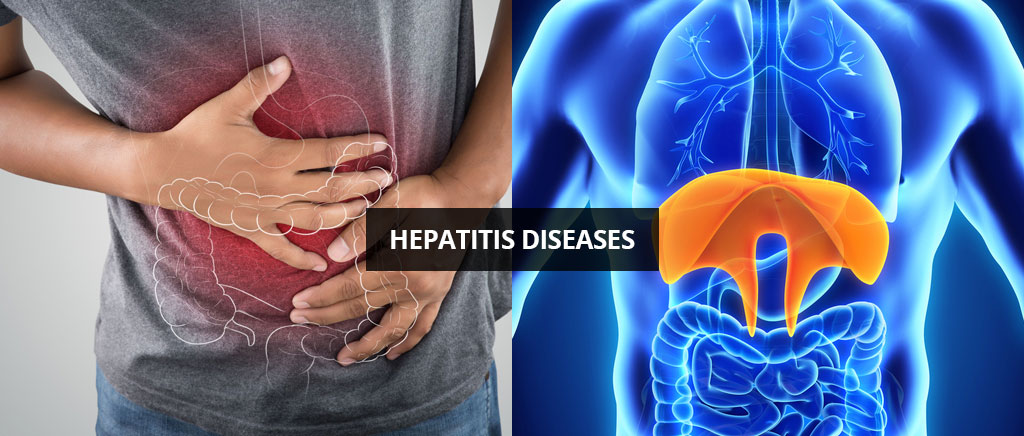Vaccines have been one of the best inventions ever in the world of medicines. And why not? An ounce of prevention is indeed worth a pound of cure, rightly said by Benjamin Franklin. This preventive vaccination has not only saved the lives of children but that of adults too.
Unfortunately, only 44% of children get vaccinated in India while the rest do not receive this privilege at all. Well, that’s altogether a different issue we face today. Nonetheless, vaccination has protected us from dreadful diseases like Polio, Measles, Diphtheria, Pertussis (whooping cough), Rubella (German measles), Mumps, Tetanus, Rotavirus, etc. One such disease is Hepatitis, affecting 300 billion living people worldwide.
To increase awareness about the viral Hepatitis, WHO observes 28th July of every year as World Hepatitis Day. This year, the WHO theme is “Hepatitis-Free Future.” As part of awareness, we must understand what Hepatitis means?
- Hepatitis means inflammation of the liver. The liver is the chemical laboratory of the body. We cannot live without a functioning liver. It performs various functions such as food and drug metabolism, digestion, storage and production of essential nutrients, protection against infections, breakdown of waste products, and detoxification of poisons.
- The liver has fantastic healing capacity. However, Hepatitis becomes chronic and can cause life-threatening conditions such as cirrhosis, liver failure, and liver cancer.
Common Causes of Hepatitis are:
- Infections: Viruses viz. Hepatitis A, B, C, D and E, other viruses, bacteria, and parasites
- Alcohol
- Toxins: Various drugs, chemicals, poisons and herbs
- Fatty Liver Disease: Excessive fat deposition in the liver due associated with obesity and high lipid levels
- Autoimmune: The body’s immune system attacks the liver.
Is Hepatitis Avoidable?
Yes, it can be prevented. Following are some tips to reduce the risk of Hepatitis:
| Hepatitis A & E, other water and food borne infections |
|
| Hepatitis B, C and D |
|
| Alcohol |
|
| Toxins |
|
| Fatty Liver Disease |
|
| Autoimmune |
|
Vaccination for Prevention of Hepatitis
Currently, effective vaccinations are available for Hepatitis-A and Hepatitis-B. However, they must be given under proper medical supervision.
The Hepatitis-B vaccine schedule is as follows:
| Age Group | Dose | Time | Description |
| Newborn child
(As per Government of India Immunization Schedule) |
First dose | At birth or as early as possible within 24 hours | Hepatitis-B vaccine |
| Second dose | 6 weeks | In form of pentavalent vaccine (Diphtheria, Tetanus, Pertussis, Hemophilus Influenza Type B and Hepatitis-B) | |
| Third dose | 10 weeks | ||
| Fourth dose | 14 weeks | ||
| Adult | First dose |
– |
Hepatitis-B vaccine |
| Second dose | 1 month after first dose | ||
| Third dose | 6 months after first dose |
The Hepatitis-A vaccine schedule is as follows:
| Age Group | Dose | Time | Description |
| Children | First dose | At 1 year | Hepatitis-A vaccine |
| Second dose | 12 months after first dose | ||
| Adult | First dose |
– |
Hepatitis-A vaccine |
| Second dose | 6 – 12 months after first dose |
If any vaccination is missed, immediately check with the pediatrician or concerned doctor to know the best time to get it done. Vaccinations are needed for both children and adults. Hence, remember to consult your pediatrician or doctor to get vaccinated as per recommendations. In case of any emergency caused to Hepatitis or any other dreadful disease, one must call an emergency ambulance service from Ziqitza HealthCare for emergency care.


